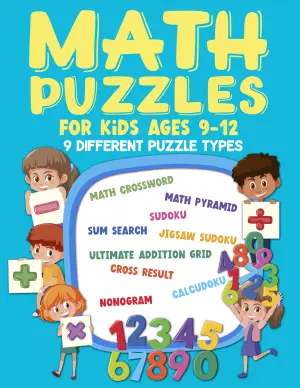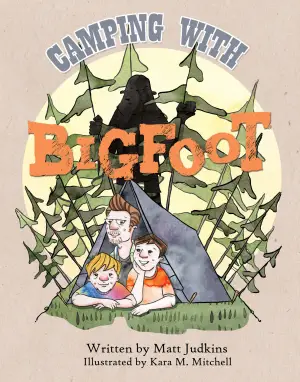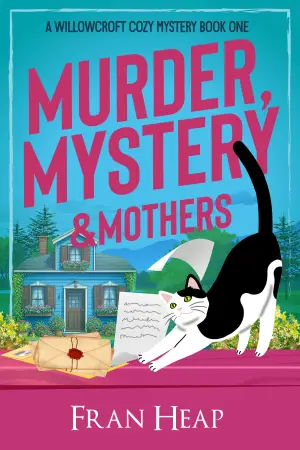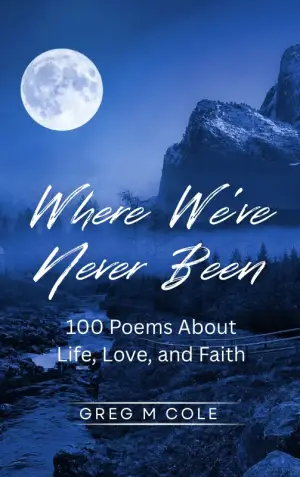Untangle Your Emotions: A Journey into Self-Awareness and Faith
Reading “Untangle Your Emotions: Naming What You Feel and Knowing What to Do with It” by Allen just felt like a warm hug for the soul. I stumbled upon this book while navigating my own emotional landscape, and I was instantly intrigued by its promise of a compassionate, practical guide to understanding our feelings through a Christian lens. Allen’s approachable style and heartfelt insights drew me in, making me feel that this wasn’t just another self-help book—it was a conversation I desperately needed.
At its core, “Untangle Your Emotions” invites readers to embrace emotional health as a vital component of a flourishing Christian life. Allen adeptly weaves the idea that God designed us to feel, and this notion resonates deeply with me. No longer should emotions be brushed aside or deemed unnecessary; rather, they serve as crucial signposts on our journey of faith. Through relatable anecdotes and accessible exercises, Allen provides readers with tools to identify, name, and process their feelings—helping us to avoid the common traps of suppression and judgment.
What I particularly loved about the book was its structure and pacing. Allen doesn’t bombard you with heavy psychological jargon but instead opts for a conversational tone that makes complex ideas digestible. The chapters flow seamlessly, melding theoretical concepts with practical application. However, I did find myself yearning for a deeper exploration in some areas. A few chapters felt like they barely skimmed the surface of topics I was keen to dive deeper into. But perhaps that’s part of the book’s charm; it encourages readers to engage in ongoing self-discovery, providing a springboard for further conversations about emotional health.
One of the most impactful quotes adorned the pages like little gems: “Emotions are not the enemy; they are our companions on the journey.” This simple yet profound reminder struck a chord with me, particularly as someone who often views emotions as obstructions to clear thinking and doing. The acknowledgment that our feelings can be allies instead of adversaries shifts our perspective drastically. It’s a message I believe needs to permeate Christian communities where the stigma surrounding therapy and emotional expression still looms large.
As I absorbed Allen’s insights, I couldn’t help reflecting on my own journey. I used to be the person who thought counseling was necessary for "other people," but this book is a gentle nudge for anyone stuck in that mindset—my past self included. “Untangle Your Emotions” is ideal for believers who want to live a richer, more integrated life, as well as those who wish to explore feelings without judgment. It reminds us that emotions are not there to disrupt life but to enrich it, a truth I think everyone can benefit from embracing.
Ultimately, this book is not just a read; it’s a heartfelt invitation to engage with our innermost selves. I hope Allen’s approachable wisdom sparks more conversations about emotional health within faith communities and encourages readers to embrace their feelings, all while knowing they are fearfully and wonderfully made.
So if you’re curious about the intersections of emotional well-being and spirituality, or if you’ve ever dismissed your feelings as a burden, “Untangle Your Emotions” may just be your next must-read. Grab a cozy spot, a warm drink, and let Allen’s words guide you into a deeper understanding of yourself. You might find, as I did, that the journey of untangling those tricky emotions can lead to astonishing personal growth.
Discover more about Untangle Your Emotions: Naming What You Feel and Knowin… on GoodReads >>










